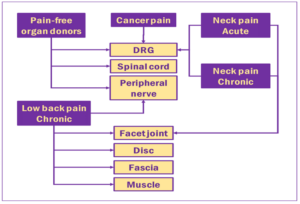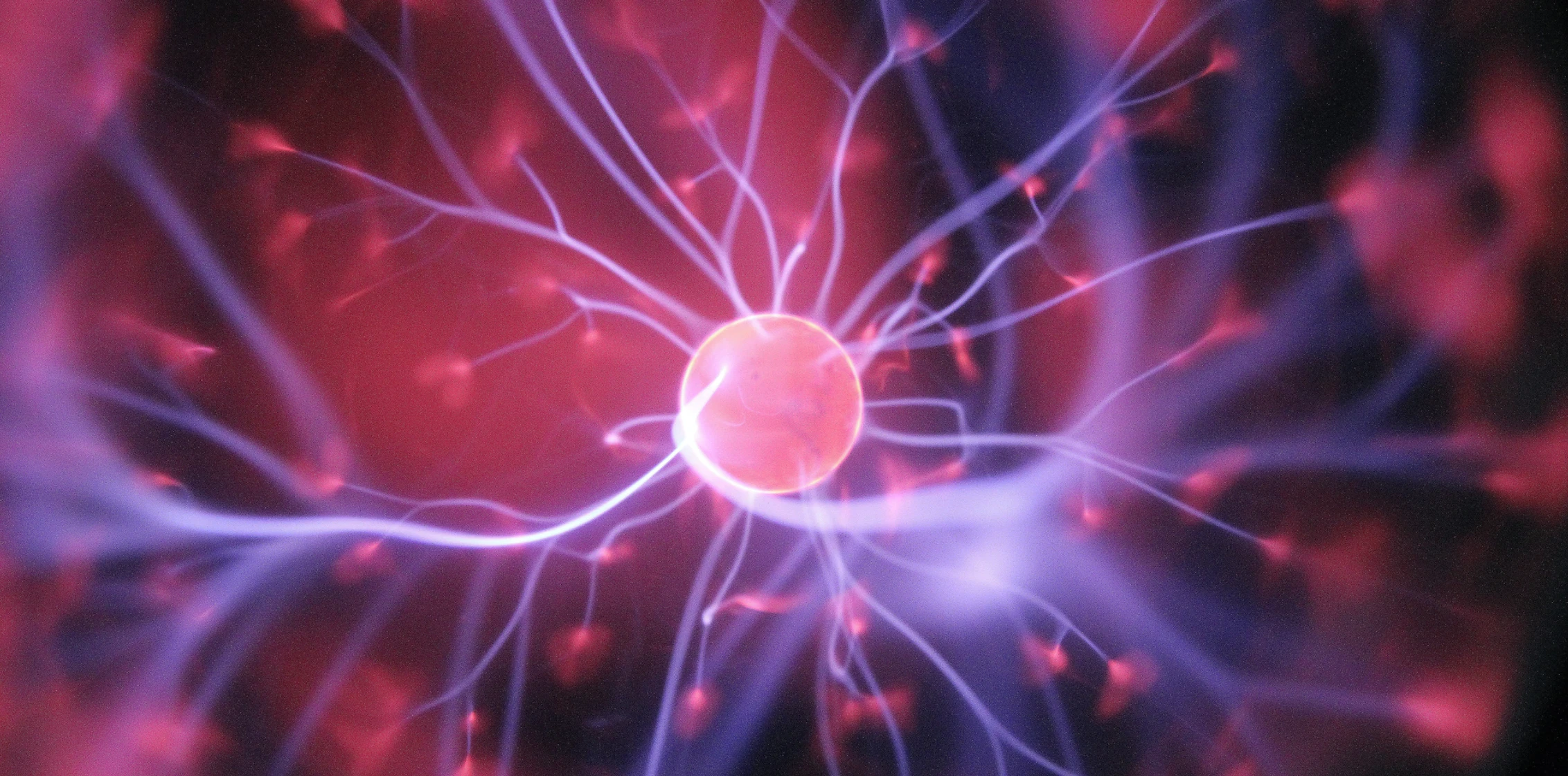Dr. Michele Curatolo of the UW Department of Anesthesiology & Pain Medicine is one of the principal investigators on a project titled “Human Nociceptor and Spinal Cord Molecular Signature Center,” funded by National Institutes of Health (NIH). Dr. Curatolo is working on the project in collaboration with Dr. Ted Price at the University of Texas at Dallas and Dr. Pat Dougherty from MD Anderson Cancer Center. Dr. Christoph Hofstetter at the UW Department of Neurological Surgery is one of the principal investigators at the UW site, and one of the principal investigators of the Tissue Procurement Core.
The limited understanding of the molecular mechanisms underlying human chronic pain has hampered the development of effective treatments. The investigators have expertise in molecular biology, clinical and somatosensory phenotyping, surgery, and behavioral health. Advancing the knowledge of human nociception will be crucial in understanding the biopsychosocial network underlying chronic pain and allow the development of effective therapeutics.
The specific aims of the project are to:
- Identify molecular phenotypes, using single cell and spatial transcriptomic technologies, of human sensory neurons from the dorsal root ganglion (DRG) in organ donor recovered tissues and in patients with chronic pain undergoing surgeries.
- Use spinal cord recovered from organ donors for single cell and spatial profiling with the goal of understanding the connectome of the human pain pathway at the first synapse.

The NIH funding will be used to perform two research projects:
- Mapping the human DRG and spinal cord functional genome at cellular and spatial resolution. The project will use DRG tissues from organ donors and surgical patients and spinal dorsal horn from organ donors to map the transcriptomes of individual cell types, understand the genomic architecture of these cells, and use ribosome profiling to gain deep insight into RNA translation diversity in the human pain pathway.
- Mechanistic underpinnings of chronic low back pain. This project will use RNA sequencing on nerves and pathological tissues from patients and organ donors to gain insight into low back pain.
Dr. Curatolo and team envisions creating actionable knowledge and data resources that can transform the understanding of human pain conditions, leading to the generation of effective treatments for patients.
